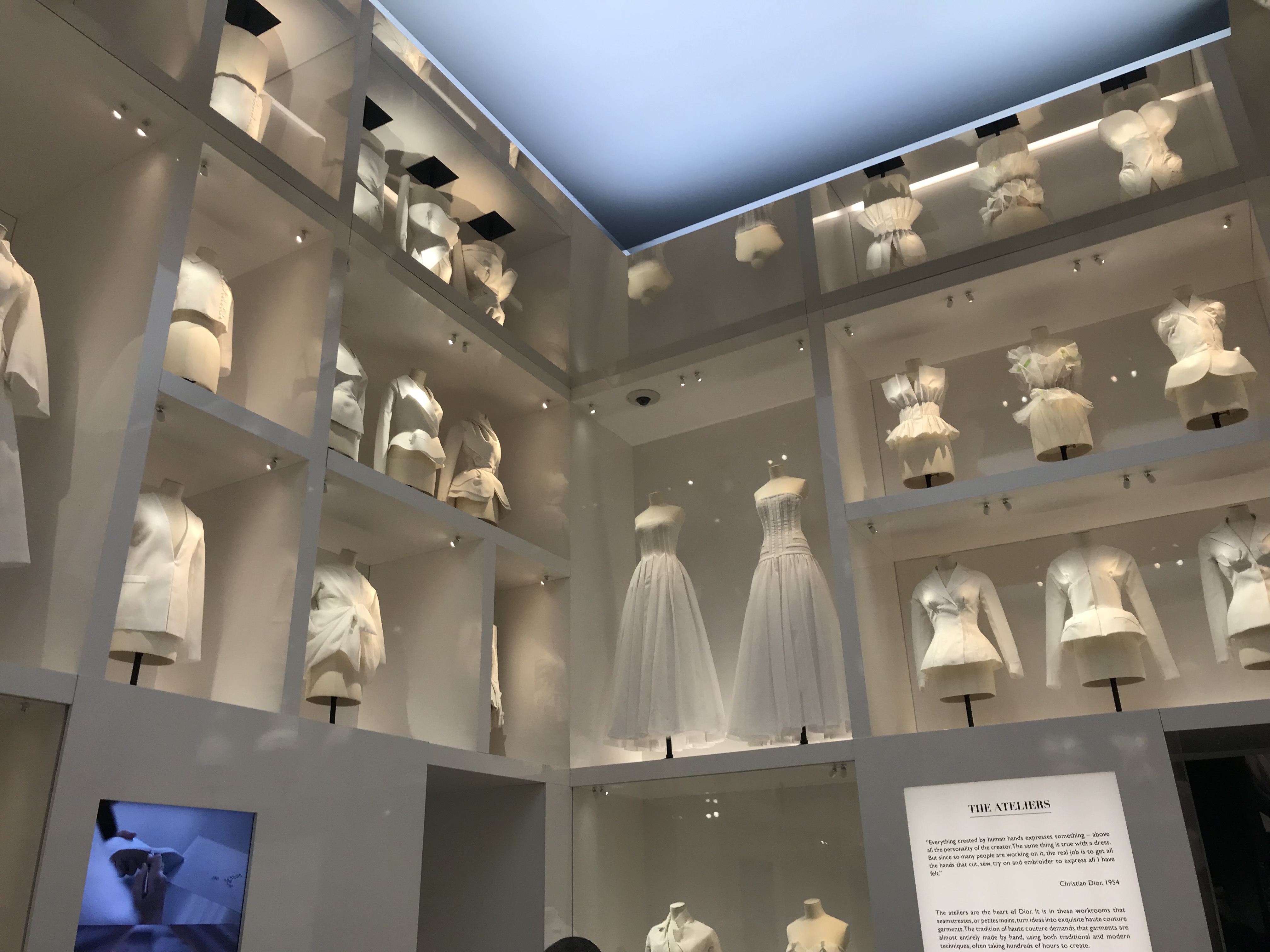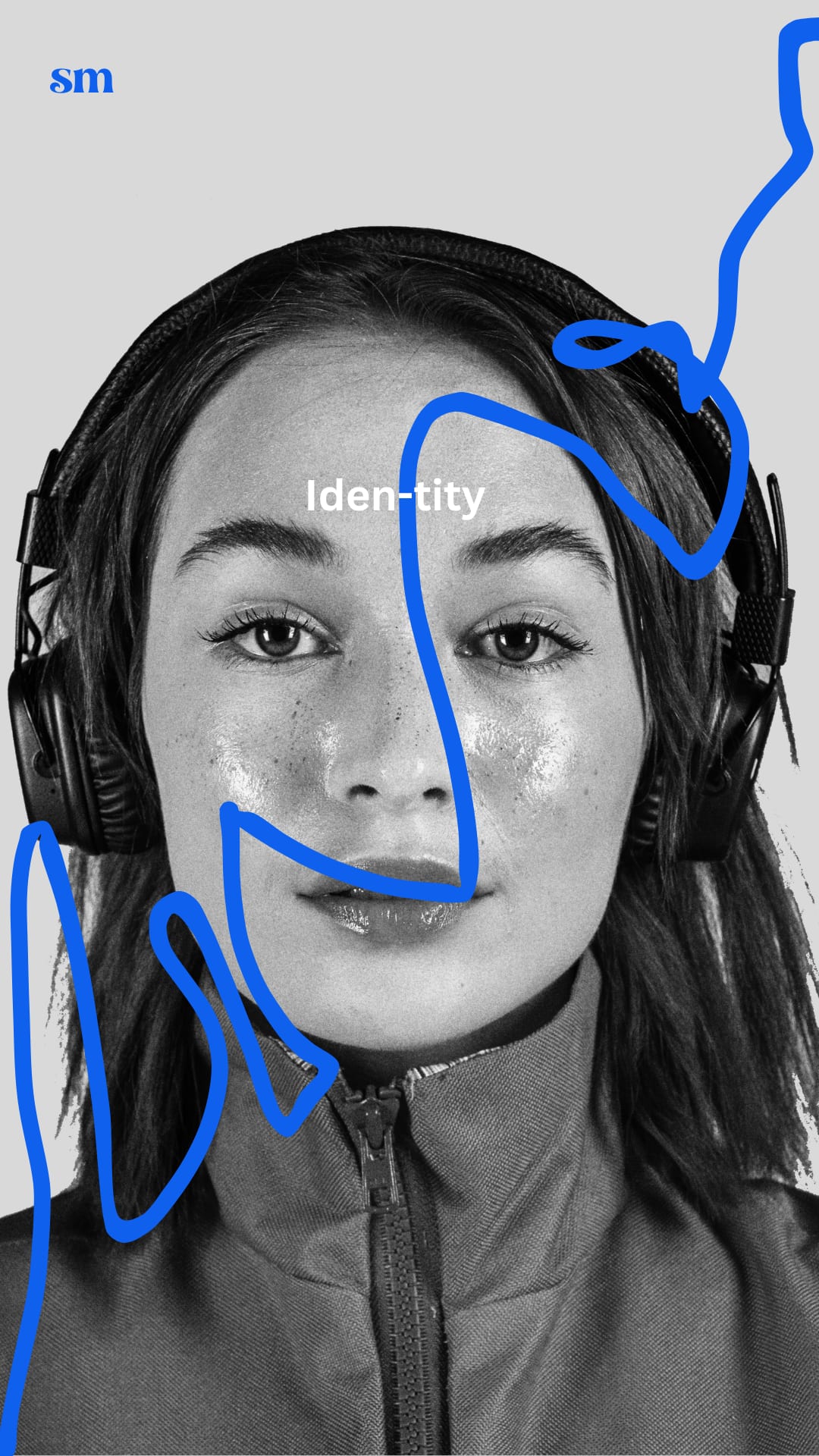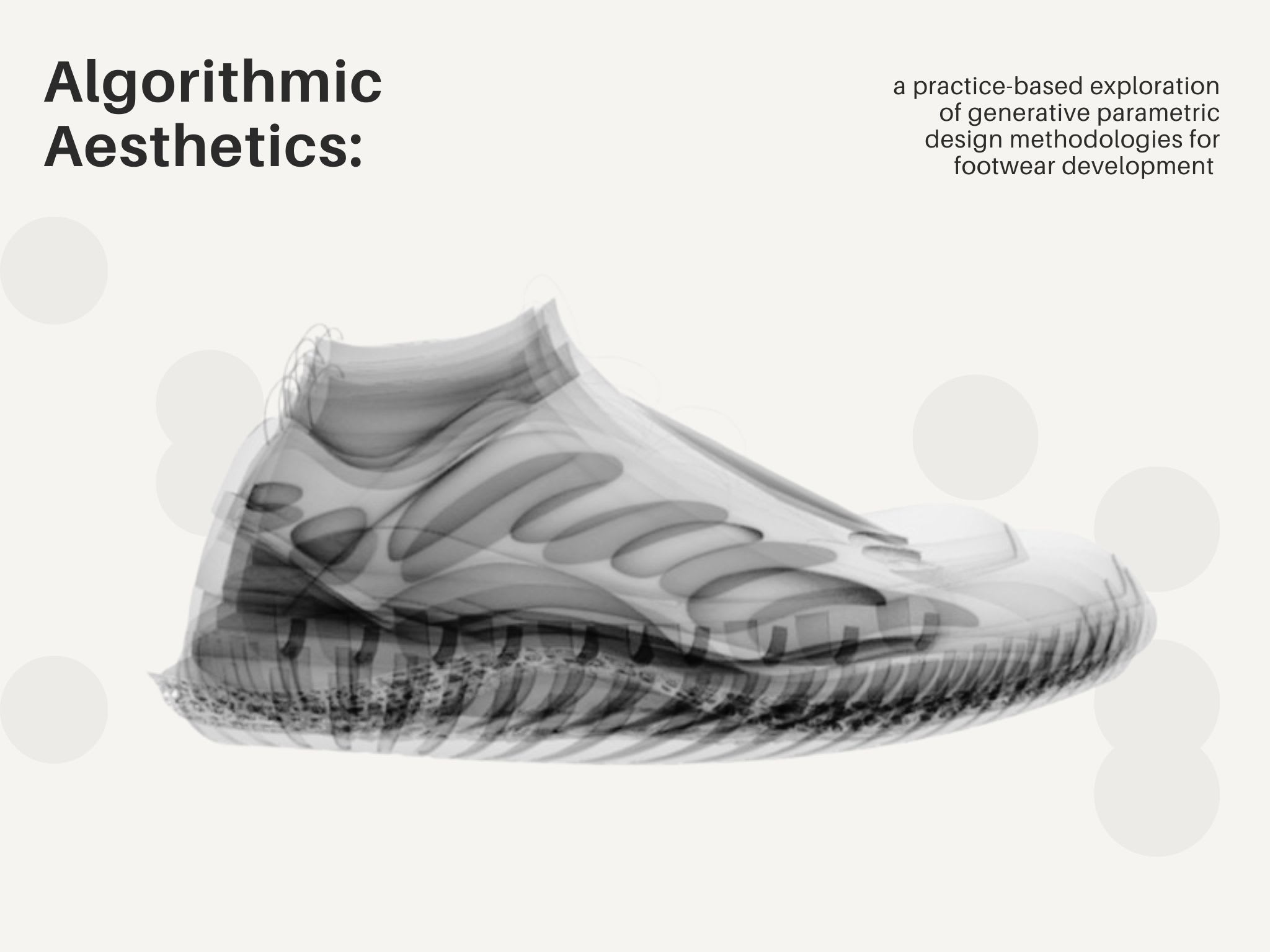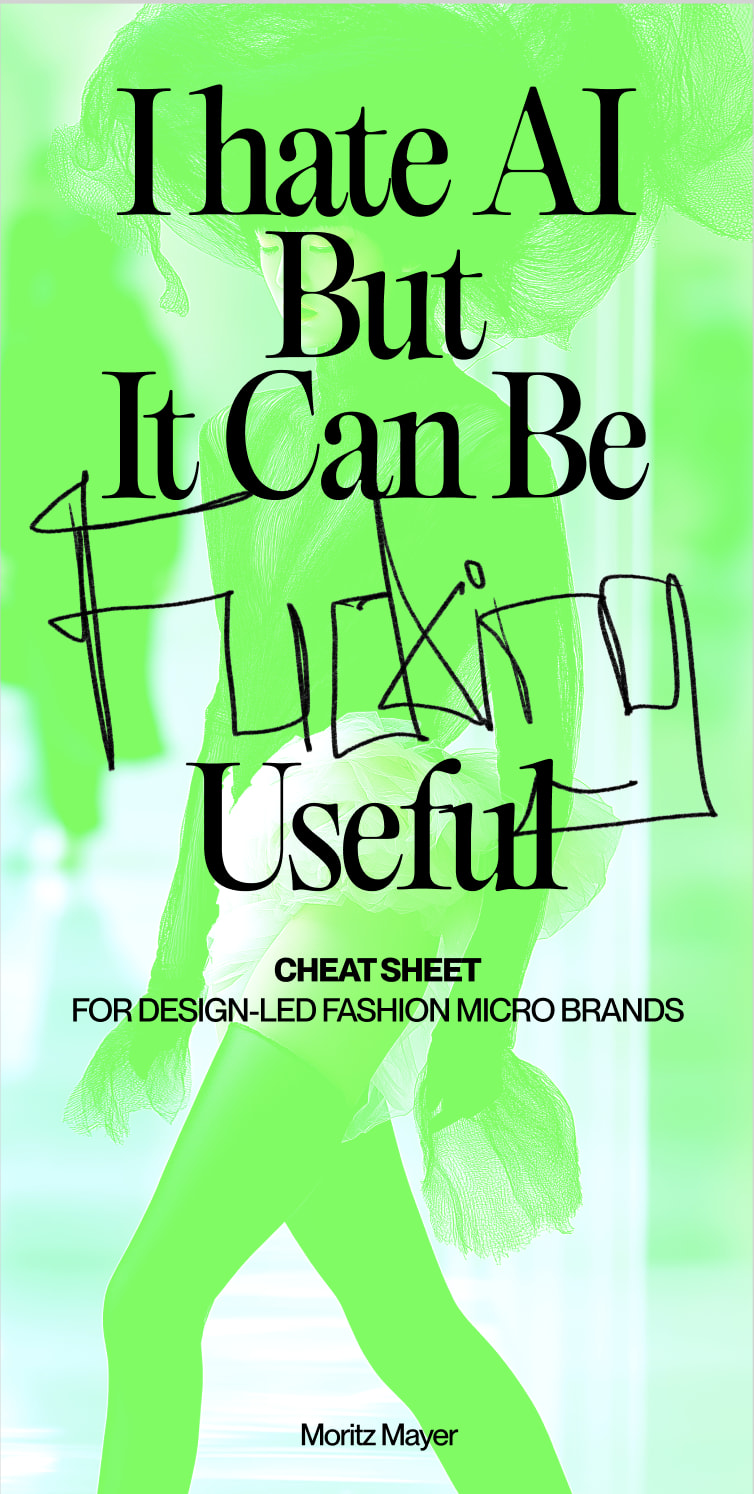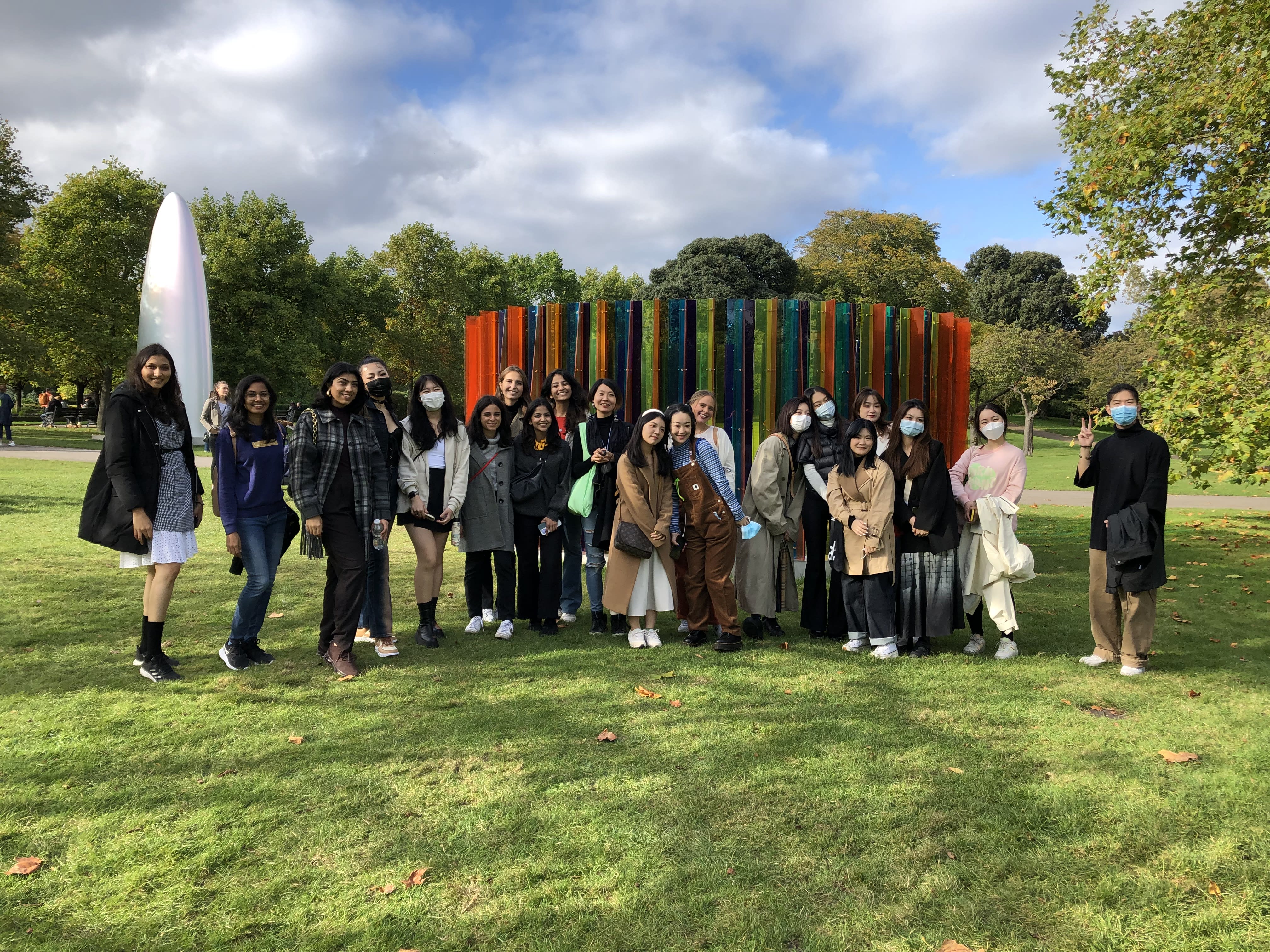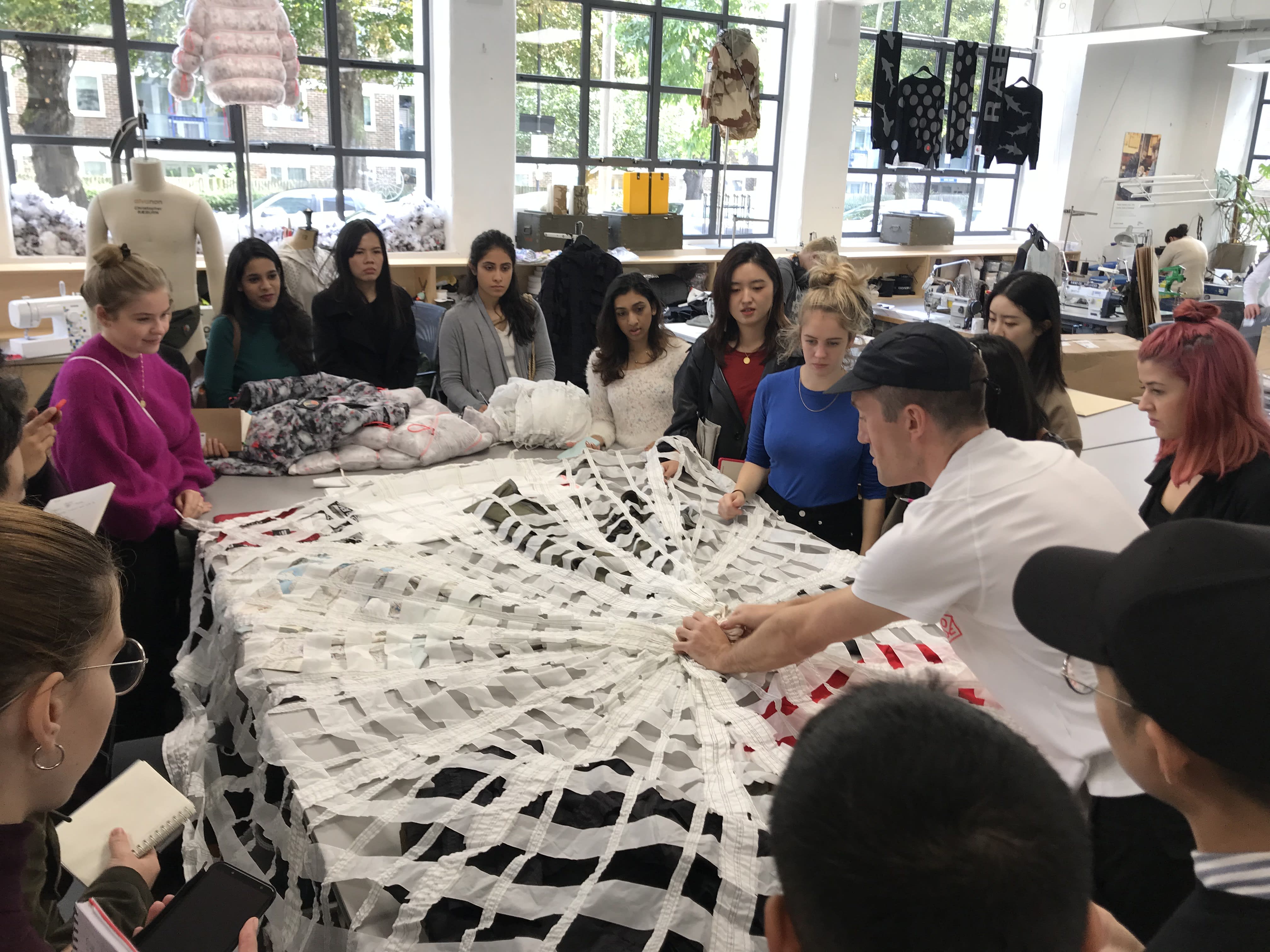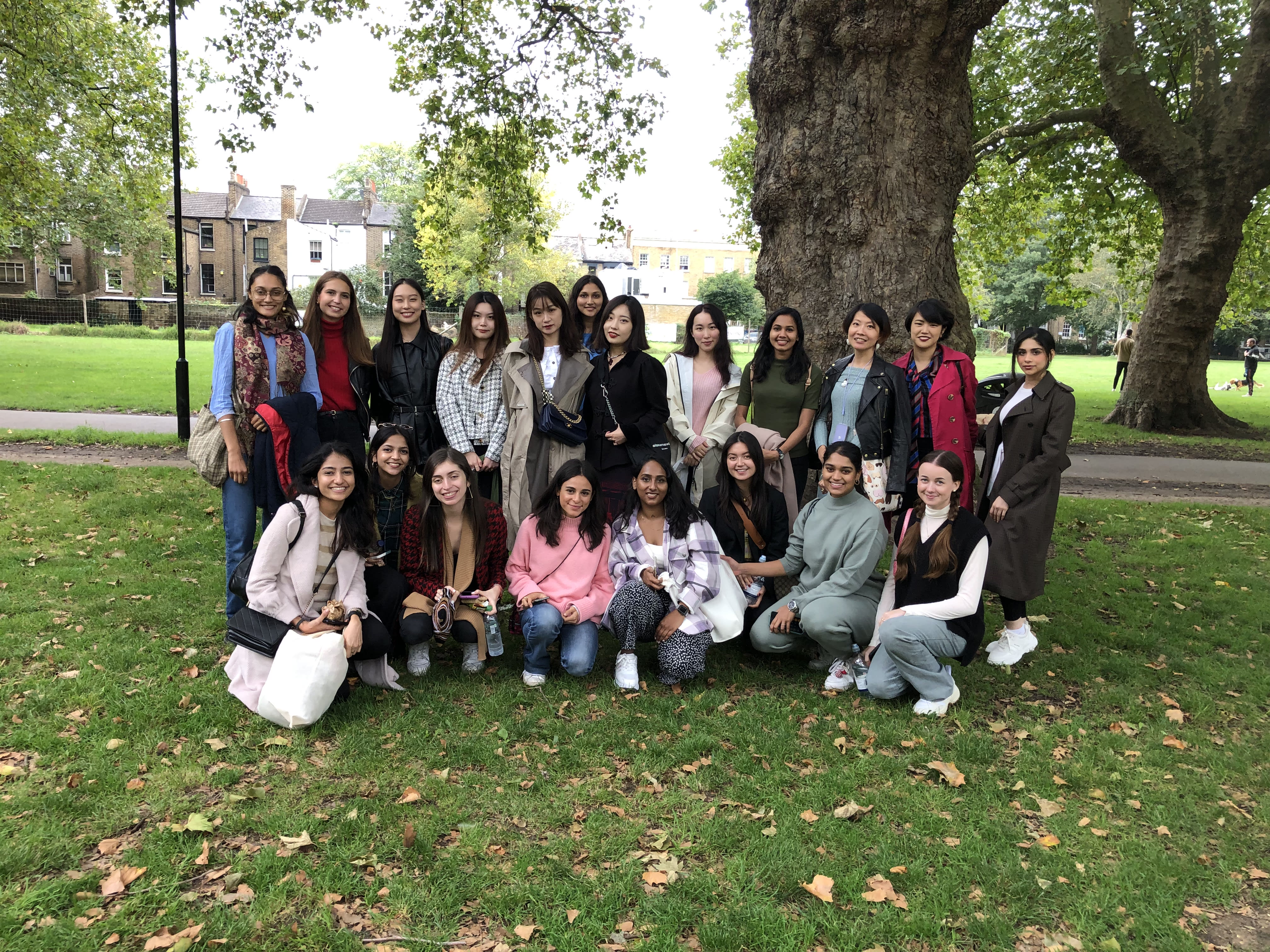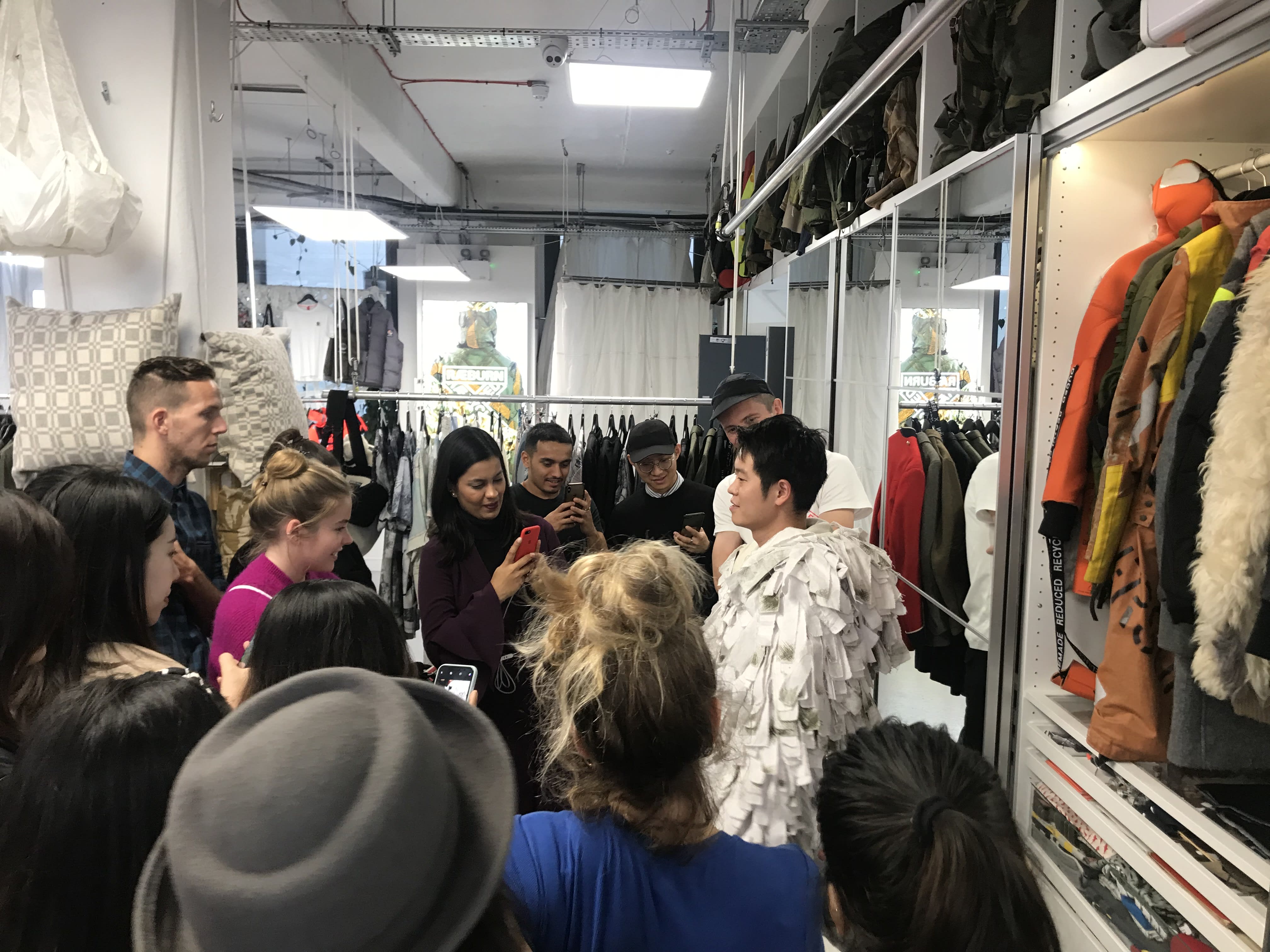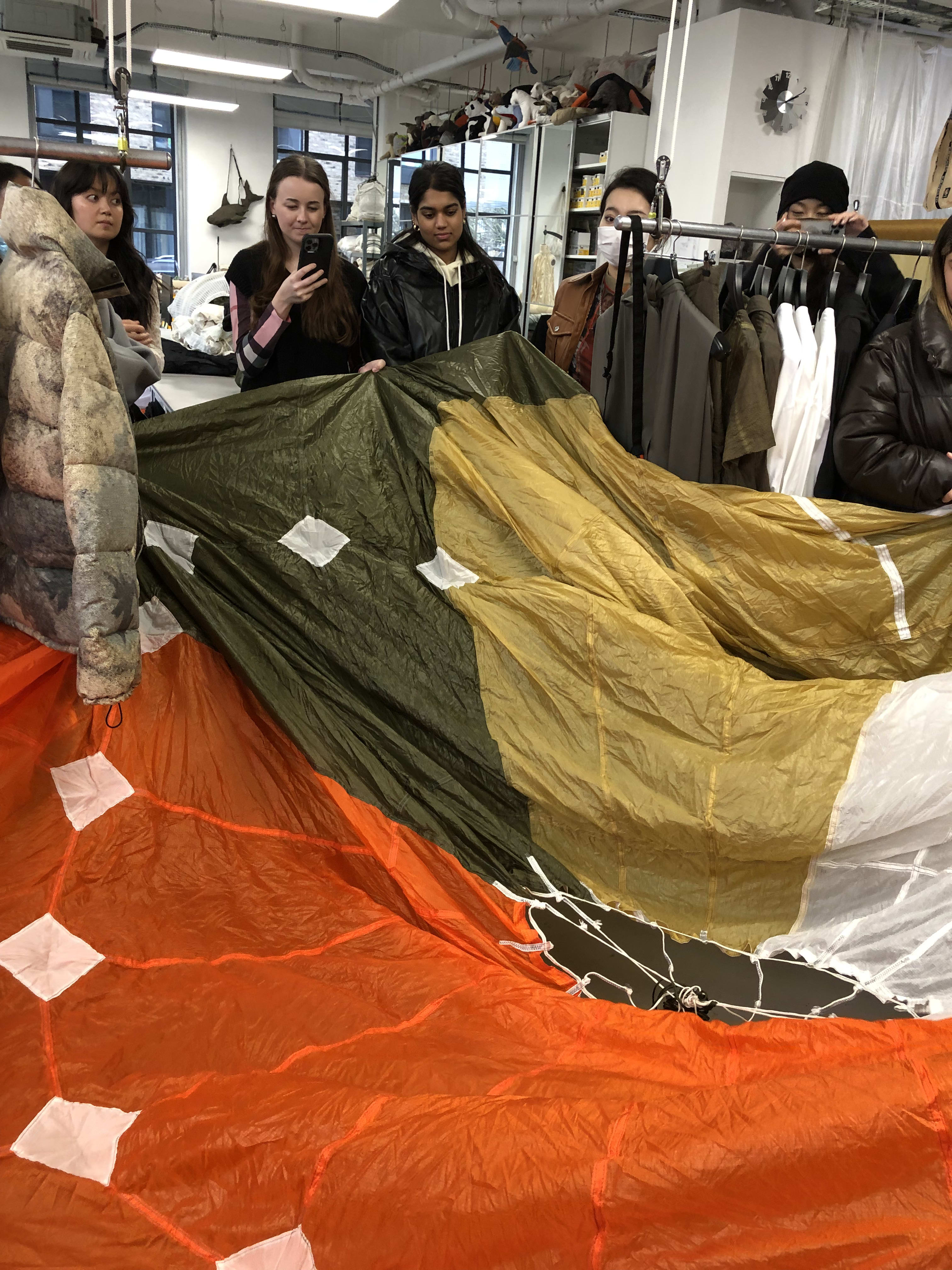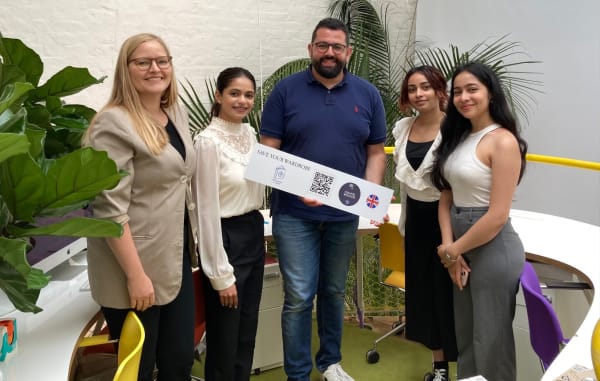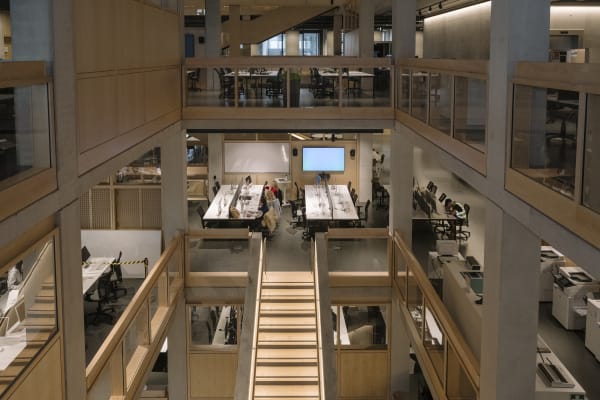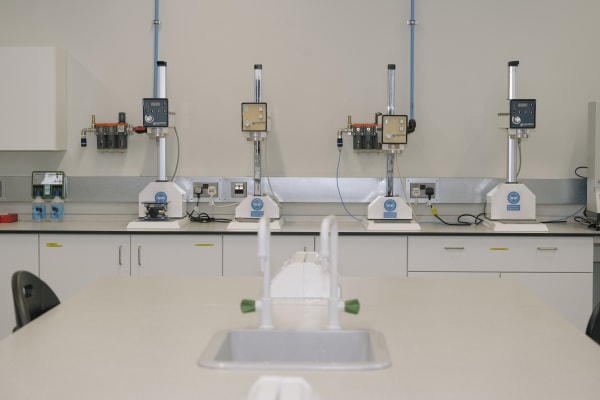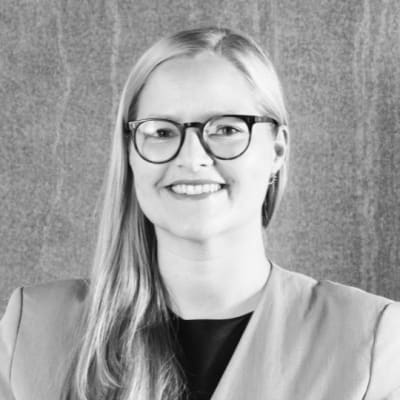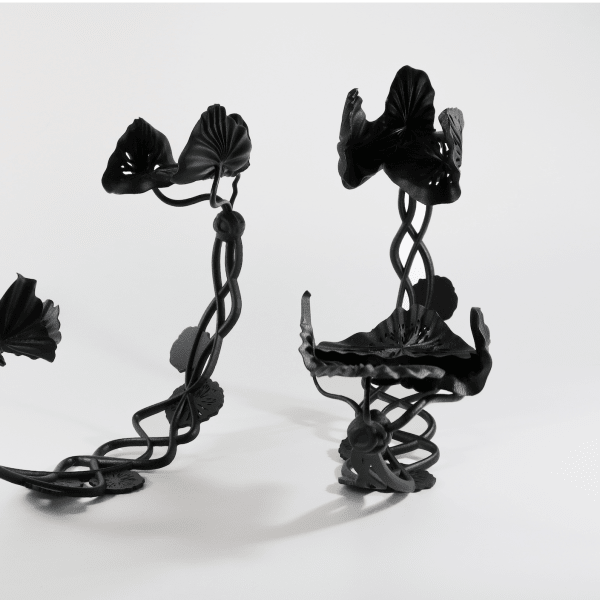Course units
Block 1
Design Management Principles (20 credits)
This unit will introduce you to key principles and theories of Fashion Design Management. You will explore and challenge the value of the design discipline within the current dynamic global business environment. You will be required to critically apply strategic design management tools, frameworks and theories to justify your design strategy recommendation.
Sustainable Design Thinking (20 credits)
This unit examines the concepts that underpin sustainable design thinking and the processes required to adopt a people-centred, innovative approach to an evolving fashion industry. You will critically explore the design thinking process within a global fashion environment to offer sustainable emergent design solutions to complex contemporary issues.
Design and Innovation Strategy (20 credits)
This unit explores the future direction of fashion design and innovation management in an accelerating period of consumer, technological and global change. It evaluates the potential sustainable business and new product development strategies of the future as well as exploring the knowledge and resources required by fashion organisations.
Block 2
Elective Units
Students will have the opportunity to participate in an elective unit as part of this course. This is an opportunity for students to collaborate with students from other courses within the college.
The following is an example list of electives that have been previously delivered:
- Creative Decision Making for Fashion Enterprise
- Cultural Programming
- Fashion Politics and Cultures
- Fashion Practices for Social Change
- Fashion Together: Collaboration for Innovation
Please note:
- Elective unit titles and details of the unit may change year to year
- Elective units offered may change year to year, that is, unit listed above may or may not be offered in subsequent years
- Students participate in a bidding process for choosing electives and participation in any particular elective is not guaranteed
Leading Design Practice (20 credits)
This unit examines the process and implementation of design strategies by applying project management principles in practice. The key tools and techniques of researching, designing and planning a range of fashion related products to a specified brief will be examined alongside sustainable supply chain management and enterprising fashion business models.
Advanced Research Methods (cross-course) (20 credits)
Developing effective approaches to research is crucial for success in your Masters' project and in your wider career. In this unit you will start to develop and explore your individual research project in preparation for your Masters' project. In the process of developing your research proposal you will consider a range of research methodologies, methods and approaches, evaluating how you will utilise primary research tools effectively in your Masters' project.
Block 3
Masters Project (60 credits)
The Masters Project is the final stage of your Masters’ course and is the culmination of your studies and provides you with a space to synthesise all the knowledge and skills you have gained on the course so far. Upon completion of your project, you will have generated a high-level Masters’ quality piece of work that will showcase your practice, academic literacy and the professional standards that will act as a platform for your future career and professional development.
